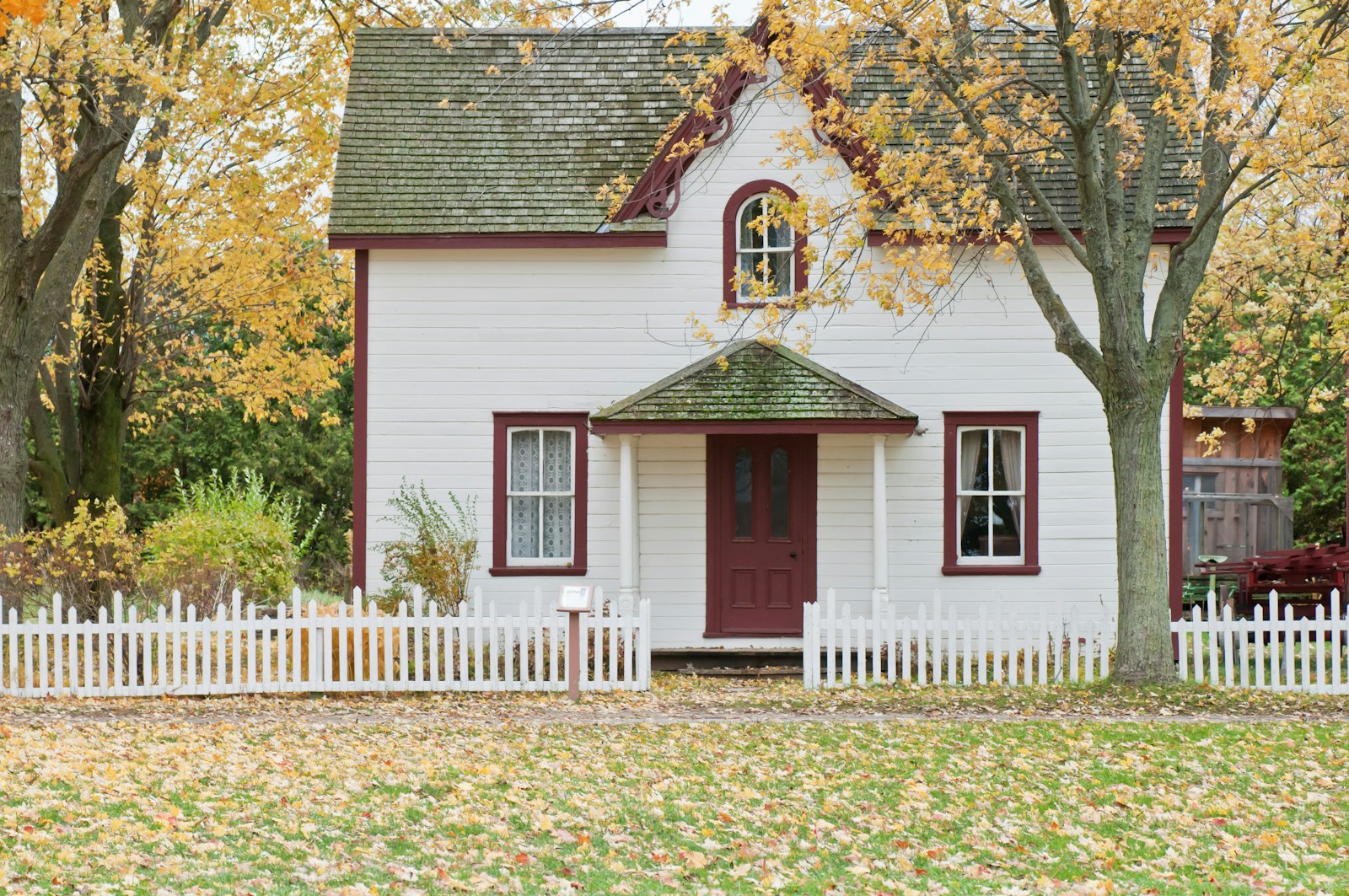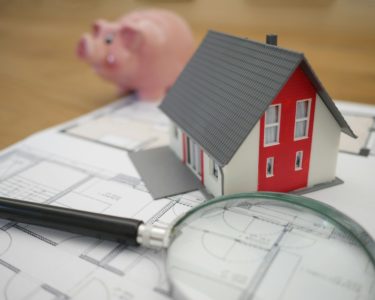Buying a house is one of the biggest financial decisions most people will ever make. Whether you’re a first-time homebuyer or an experienced investor, timing can make a huge difference in your return on investment and long-term satisfaction. So, when is it a good time to buy a house? In this post, we’ll explore the best timing based on real estate trends, interest rates, seasonal factors, and your personal financial readiness.
Understanding the Real Estate Market Cycle
The housing market moves in cycles — typically categorized into four phases: recovery, expansion, hyper-supply, and recession. Understanding which phase the market is in can help determine when it’s a good time to buy a house.
- Recovery Phase: This is when the market starts improving after a slowdown. Prices are relatively low, making it a good opportunity for buyers.
- Expansion Phase: Demand and prices increase steadily. While homes may be pricier, buying in this phase can still yield long-term value.
- Hyper-Supply Phase: Inventory exceeds demand. Buyers can find good deals, but risk market stagnation.
- Recession Phase: Home prices drop due to low demand. This can be a risky but potentially rewarding time to buy if you have long-term investment goals.
As of 2025, many real estate experts suggest that the market is stabilizing after a turbulent few years, making it a strategic time to evaluate your options.
Seasonal Trends: Best Time of Year to Buy
Beyond market cycles, seasonality also plays a role in the housing market.
Spring and Summer
These are the most active months for real estate transactions. Inventory is high, giving buyers more choices. However, competition is also fierce, which can drive up prices.
Fall and Winter
These are considered off-seasons for real estate. Fewer buyers means less competition and potentially lower prices. Sellers are often more motivated, especially during the holiday season, making winter a good time to buy a house if you’re looking for a deal.
Interest Rates: A Major Consideration
Mortgage interest rates significantly affect your purchasing power. A lower rate can save you tens of thousands over the life of your loan. So, when is it a good time to buy a house? One strong signal is when interest rates are low or are expected to rise.
In 2025, mortgage rates have shown some stability after fluctuating due to inflation and economic uncertainty. If rates are trending upward, buying sooner rather than later might be the better move.
Personal Financial Readiness
Even if the market conditions are ideal, buying a house is only a good idea if you are financially ready. Here are some signs:
- Strong Credit Score: A score above 700 will help you secure better mortgage rates.
- Stable Income: Lenders want to see consistent earnings and job stability.
- Down Payment: Having at least 10-20% of the home’s price ready can lower your monthly payments and help you avoid private mortgage insurance (PMI).
- Emergency Fund: Beyond the down payment, you should have 3-6 months of expenses saved.
Being financially prepared is arguably more important than timing the market perfectly.
Local Market Conditions Matter
Real estate is local. What’s true in New York City might not be true in Austin or Toronto. Even within a city, different neighborhoods experience their own unique trends.
To determine when is it a good time to buy a house in your area, consult:
- Local real estate agents
- MLS data on median home prices
- Inventory levels
- Days on market
In 2025, suburban areas and secondary cities are still showing strong growth as remote work remains common.
Rent vs. Buy: Consider Your Long-Term Goals
If you’re currently renting, it might be tempting to buy a home as a way to build equity. However, owning comes with additional costs: property taxes, maintenance, insurance, and more.
Ask yourself:
- Do you plan to stay in the home for 5+ years?
- Can you afford upfront and ongoing costs?
- Is the monthly mortgage cheaper or comparable to rent?
If the answer is yes, and the other market conditions align, now may be a good time to buy a house.
Expert Tip: Use a Mortgage Calculator
Online mortgage calculators can help you understand how much house you can afford based on current rates, your credit score, and other financial details. This can be a valuable tool in deciding whether to move forward.
Government Incentives and Programs
In 2025, several governments offer assistance programs for first-time homebuyers, such as:
- Down payment assistance
- Reduced closing costs
- Lower interest rates for qualifying individuals
Check what’s available in your area — these incentives can make now a better time to buy a house than you might expect.
Final Thoughts: When Is It a Good Time to Buy a House?
There’s no one-size-fits-all answer. The best time to buy a house is when:
- Market conditions are favorable
- Interest rates are low or stable
- You’re financially ready
- You plan to stay in the home for several years
By weighing all these factors together — both market-driven and personal — you can confidently decide when is it a good time to buy a house for your unique situation.
FAQs
Q: Is 2025 a good year to buy a house?
A: With stabilizing mortgage rates and more housing inventory becoming available, 2025 is shaping up to be a decent year for many buyers, especially those financially prepared.
Q: Should I wait for house prices to drop?
A: While waiting could yield a lower price, rising interest rates or missing the right home could cost more in the long run.
Q: How do I know if I’m ready to buy a house?
A: Review your credit score, savings, income stability, and long-term plans. A financial advisor can also help.




